Mobile Operating System Definition and Type
In the ever-evolving landscape of technology, mobile devices have emerged as indispensable companions, capable of performing a wide array of tasks with just a touch. At the heart of these devices lies the Mobile Operating System (Mobile OS), a software platform that empowers smartphones, tablets, and other mobile devices to function seamlessly, providing users access to many applications, services, and features.
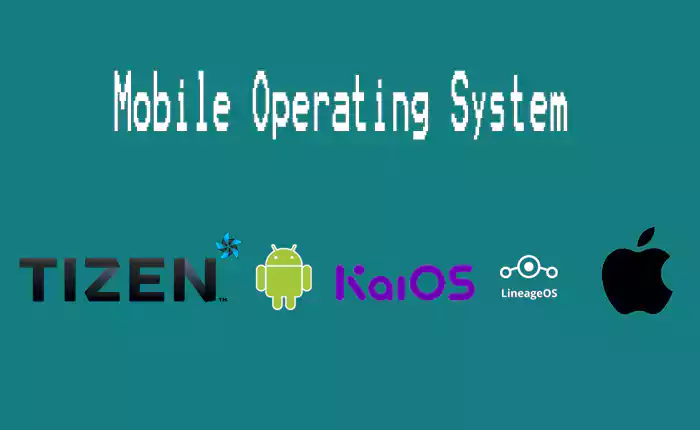
Definition of Mobile Operating System
A Mobile Operating System is specialized software that manages and controls mobile devices' hardware and software resources. It provides a user-friendly interface for communication between the device's hardware components, applications, and the user. A Mobile OS is an intermediary between users and the device's hardware, facilitating intuitive and efficient interaction.
Types of Mobile Operating Systems
Several Mobile Operating Systems are available, each with unique features, strengths, and target audiences. Here are some of the most prominent ones:
iOS:
Developed by Apple, iOS is renowned for its sleek design and user-friendly interface. Exclusive to Apple devices like iPhones and iPads, iOS offers a closed ecosystem that emphasizes security, stability, and a curated selection of applications from the App Store. Its seamless integration with other Apple products makes it a preferred choice for users invested in the Apple ecosystem.
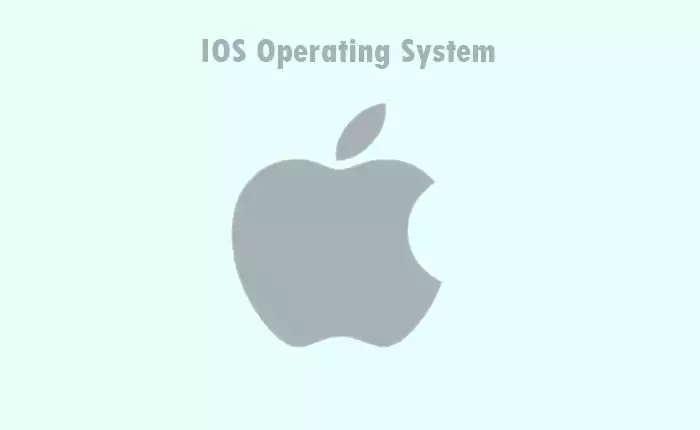
Android:
Android, developed by Google, is the most widely used Mobile OS globally. Its open-source nature allows manufacturers to customize and adapt it to their devices, resulting in a diverse range of Android smartphones and tablets. The Google Play Store provides access to a vast library of applications catering to various user preferences and needs. Android is appreciated for its customization options and flexibility.
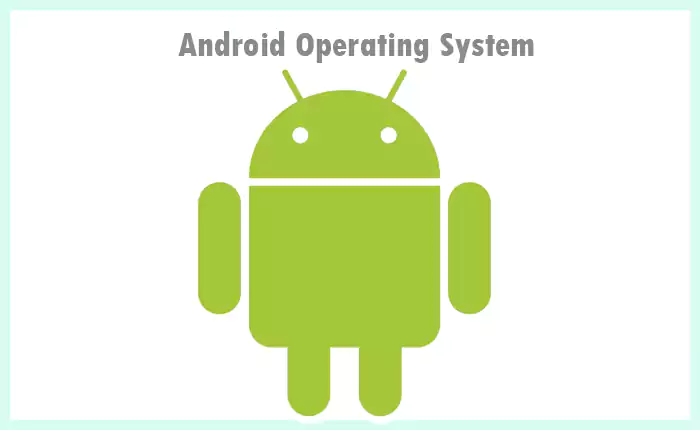
Samsung One UI:
While Android-based, Samsung's One UI stands out due to its unique design language and features. It offers a clean and intuitive interface optimized for larger screens. One UI integrates seamlessly with Samsung's hardware and services, offering a cohesive experience across devices like Samsung Galaxy smartphones and tablets.

Huawei EMUI:
Huawei's EMUI, another Android-based OS, distinguishes itself by focusing on performance optimization and unique visual elements. EMUI is tailored for Huawei devices and includes advanced battery-saving features, enhanced security measures, and an aesthetically pleasing design.

KaiOS:
Targeting feature phones and budget smartphones, KaiOS is a lightweight operating system that bridges the gap between traditional mobile phones and smartphones. It provides essential smartphone functionalities, such as internet access, app support, and multi-media capabilities, even on devices with limited hardware resources.
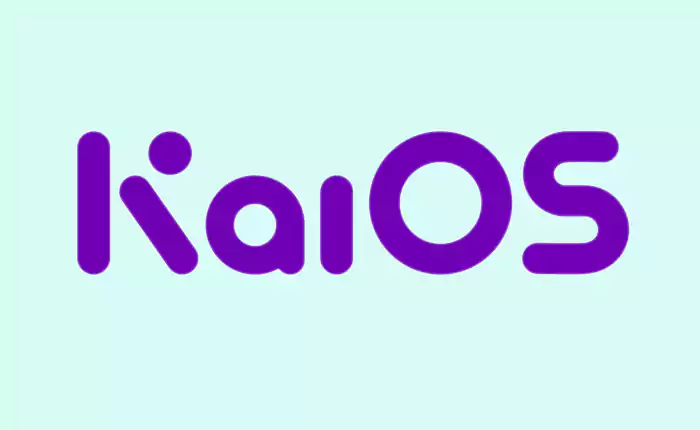
LineageOS:
LineageOS, an open-source project, is known for its emphasis on privacy and customization. Built on the Android Open Source Project (AOSP), it offers a clean Android experience with added tweaks, enabling users to fine-tune their devices according to their preferences.
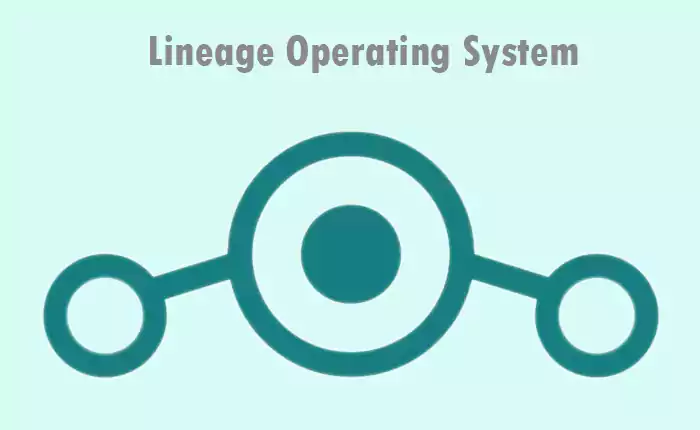
Tizen:
Developed by the Linux Foundation, Tizen finds its place in various devices, including smartphones, smartwatches, and smart TVs. It boasts a flexible architecture, robust security features, and cross-platform compatibility, making it a versatile option for different device types.
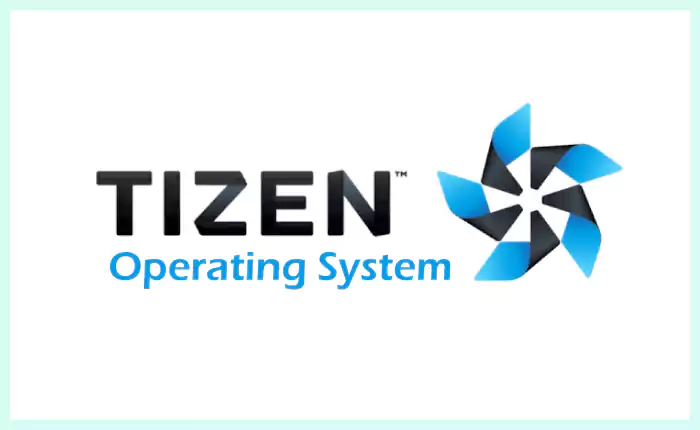
Advantages of Mobile Operating Systems
User-Friendly Interface:
Mobile operating systems offer intuitive touch-based interfaces that are easy to navigate, making them accessible to a wide range of users, including those with minimal technical knowledge.
Vast App Ecosystem:
Mobile OS platforms come with app stores (e.g., App Store, Google Play Store) that host a vast selection of applications catering to various needs, from productivity to entertainment.
Multitasking:
Despite limited screen space, mobile operating systems enable users to switch between apps seamlessly and perform multiple tasks simultaneously.
Integration with Cloud Services:
Mobile OSs often integrate with cloud storage and services, allowing users to access their data from various devices and ensuring data backup and synchronization.
Customization:
Many mobile operating systems offer customization options for wallpapers, themes, widgets, and layouts, allowing users to personalize their devices according to their preferences.
Accessibility Features:
Mobile OSs incorporate accessibility features such as screen readers, magnifiers, and voice commands, enhancing usability for individuals with disabilities.
Location Services:
Integrated GPS and location-based services enhance navigation, location-based apps, and personalized experiences.
Social Integration:
Mobile operating systems integrate social media platforms, making sharing content and connecting with friends and family effortless.
Instant Communication:
Built-in communication tools, like messaging apps, email clients, and video calling, enable users to connect quickly with others.
Compact and Portable:
The compact size and portability of mobile devices powered by these operating systems make them convenient for on-the-go use.
Disadvantages of Mobile Operating Systems
Limited Processing Power:
Mobile devices have less processing power than desktop computers, limiting their performance for resource-intensive tasks.
Battery Life:
Running resource-demanding apps and services can drain the battery quickly, requiring frequent recharging.
Small Screen Size:
While mobile devices are portable, the small screen size can be a limitation for tasks that require larger displays or detailed visuals.
App Compatibility:
Apps may not be optimized for all devices or operating system versions, leading to compatibility issues or reduced functionality.
Storage Constraints:
Mobile devices often have limited storage capacity, which can fill quickly due to app installations, media files, and documents.
Security Concerns:
The popularity of mobile devices has made them a target for cyberattacks, malware, and data breaches, necessitating robust security measures.
Dependency on Internet Connectivity:
Many features and apps rely on Internet connectivity, limiting functionality in areas with poor or no network coverage.
Privacy Concerns:
Mobile apps and services often require access to personal data, raising privacy concerns regarding data collection and usage.
Fragmentation:
Android, in particular, suffers from OS fragmentation due to the variety of device manufacturers and versions, which can result in delayed updates and inconsistent experiences.
Repair and Maintenance:
Repairing or upgrading mobile devices can be more challenging and costly than desktop computers, especially for devices with sealed components.